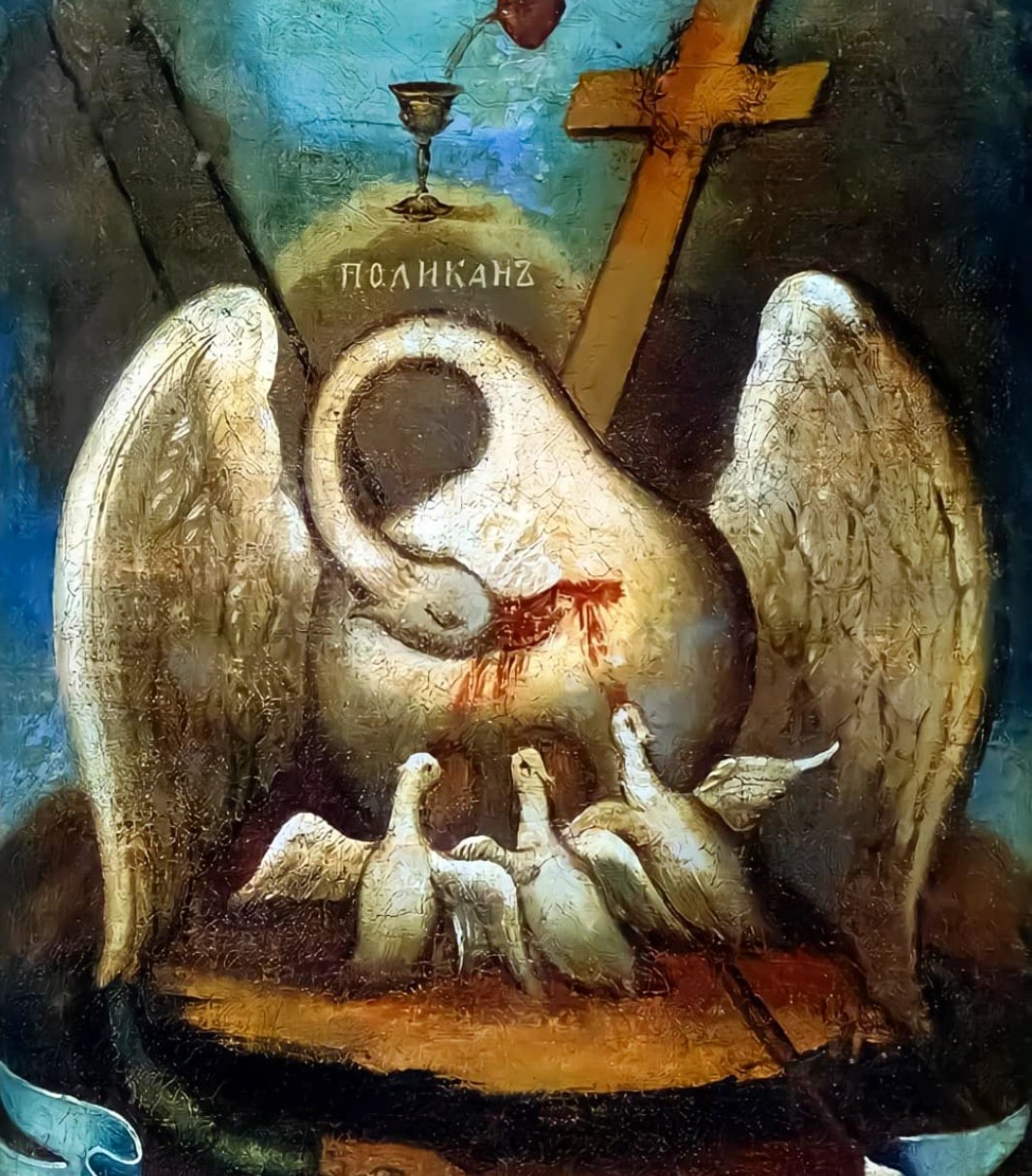
Mk. 8: 27-35
In the recent past, Pope Francis advanced the sainthood cause of Fr. Placido Cortese. He was a Franciscan friar who is commonly known as the Italian Fr. Kolbe. He was born in 1907 on the island of Cres, which is now part of Croatia. He entered the order of Franciscan conventuals at the age of 13 and took his vows in 1924. He was ordained a priest in 1930 at the age of 23. He spent a major part of his life at the Basilica of St. Anthony in Padua. He was asked to be the director of the Italian Catholic magazine ‘Il Messaggero di Sant’Antonio’ (The Messenger of Saint Anthony) there. It became a popular magazine under his leadership, with a subscription of 500,000. After the German occupation of Padua, he worked in collaboration with a resistant group who tried to save Jews and associated soldiers from Nazi concentration camps by producing false documents to take them to Switzerland safely. In 1944, he was tricked by two Nazi soldiers who were seeking his help. He could not realise the danger and he left the monastery with them, which was protected by the extraterritorial territory of the Holy See. Immediately, he was arrested and taken to a Gestapo bunker in Trieste. He was tortured brutally by the Nazi soldiers. Regardless of his inhuman tortures, he did not reveal any of his associates. He died in 1944 at the age of 37.
Identity is part and parcel of our lives. We may have a plurality of identities, such as our community identity, professional identity, national identity, religious identity, etc. The awareness of the implications of what it means to possess a particular identity is very essential to growing in our convictions as a person with maturity. The process of maturing into one’s own identity varies from person to person. Various experiences people undergo can play a vital role in the deepening of their own identity. All the experiences that Jesus had with his disciples were intended to make them aware of his own identity as the Son of God and the Saviour of the world. However, the experience of the disciples teaches us that the process of recognising Christ’s identity as Son of God and saviour was not merely a matter of possessing intellectual knowledge.
Today’s gospel passage highlights this fact. We see Jesus asking his disciple, “Who do you say that I am?” The disciples share popular talk about his identity, such as Elijah, John the Baptist, etc. But Jesus wants to know the mind of his close followers with regard to his identity. At times, we wonder whether Jesus had some doubts about his identity as Messiah. Therefore, is he trying to confirm his identity through his disciples? Absolutely no. A person with an identity crisis can never convince others concerning his/her identity, or he/she can not lead his/her followers to the desired end that he/she aims for. The leader of the band of apostles, Peter acknowledges the identity of Jesus as Christ of the living God. Thus, the disciples passed the first part of the query concerning the identity of Jesus.
The crowd understood Jesus as one of the prophets, whereas the disciples grew into the conviction that he was the long-expected Messiah. Now Jesus reveals further insight into his identity, that he is the suffering Messiah who will embrace his crucifixion as a means of salvation for humanity. However, the understanding of the disciples and all the others was that either he was a political Messiah, who would re-establish the throne of David or a military Messiah who was going to fight against Roman slavery. We see a conflict with regard to the understanding of the suffering Messiah and the glorious Messiah among the disciples. They could not digest the revelation about his passion and death, because they left everything and followed him, thinking that soon he would be a king and they all would be rewarded in his kingdom. Peter tries to discourage him from being the suffering Messiah, but Jesus rebukes Peter using very strong words, “Get behind me Satan,” and reveals the will of his Father to the disciples.
Jesus makes himself clear that the Christian witness is not a glorious journey. We can’t imagine Christian discipleship without carrying one’s own daily cross. We misunderstand this spirituality of Christianity often and try to eliminate the role of the cross. We find meaning in Christianity only when we recognise the salvific role of the cross in our way of life. As a suffering Messiah, Jesus carried the cross of our suffering and became a glorious Messiah by remaining faithful till his last moment. Our Christian discipleship is marked by our willingness to carry our daily cross without complaints. We need to recognize that Christ, who is on the cross, is our Messiah, the saviour and master of our lives. In our way of the cross, he is there with us as a travelling companion. Fr. Placido Cortese, was well aware of Jesus’ identity as Messiah and his identity as a disciple of Jesus. He courageously carried his crossrecognisess his master, and today he shares his glory with him. With this hope, we must accept our daily cross and continue our journey with Christ so that we, too, may share in His glory. Let us accept our daily crosses with hope and walk along with Christ, recognizing and proclaiming his identity as the son of God and saviour.